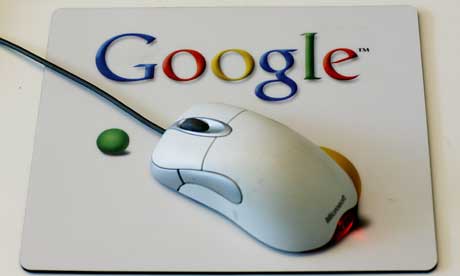 Apollo 1 astronauts "Gus" Grissom (left), Edward White, and Roger Chaffee pose in front of the Saturn 1 launch vehicle at the Kennedy Space Center in Florida. On the morning of January 27, 1967, the crew was sitting atop the launch pad for a pre-launch test when a fire broke out in their capsule, killing all three astronauts. The investigation into the fatal accident led to major design changes for future launch vehicles. Photograph courtesy NASA
Apollo 1 astronauts "Gus" Grissom (left), Edward White, and Roger Chaffee pose in front of the Saturn 1 launch vehicle at the Kennedy Space Center in Florida. On the morning of January 27, 1967, the crew was sitting atop the launch pad for a pre-launch test when a fire broke out in their capsule, killing all three astronauts. The investigation into the fatal accident led to major design changes for future launch vehicles. Photograph courtesy NASA
Jan. 27, 1967: 3 Astronauts Die in Capsule Fire -- Wired News
1967: Gus Grissom, Ed White and Roger Chaffee are killed on the launch pad when a flash fire engulfs their command module during testing for the first Apollo/Saturn mission. They are the first U.S. astronauts to die in the line of duty.
The command module, built by North American Aviation, was the prototype for those that would eventually accompany the lunar landers to the moon. Designated CM-012 by NASA, the module was a lot larger than those flown during the Mercury and Gemini programs, and was the first designed for the Saturn 1B booster.
Even before tragedy struck, the command module was criticized for a number of potentially hazardous design flaws, including the use of a more combustible, 100 percent oxygen atmosphere in the cockpit, an escape hatch that opened inward instead of outward, faulty wiring and plumbing, and the presence of flammable material.
Read more ....
Wikipedia entry for
Apollo 1
 Drinking effects: A study has suggested that alcohol improves rather than damages
Drinking effects: A study has suggested that alcohol improves rather than damages















